Series editor’s note: Throughout 2024, “Deeper understandings” will feature teaching scholars of the ELCA reflecting on the many ways that Lutheran theology makes a difference for our daily lives. —Kristin Johnston Largen, president of Wartburg Theological Seminary, Dubuque, Iowa, on behalf of the ELCA’s seminaries
Imagine you are gathered with your community for worship. The Gospel is read, and everyone settles in for the sermon. Now, pause right there and reflect on these questions:
- What are you expecting to hear?
- What are you hoping to hear?
- What do you want to happen for you? For your congregation? For the world?
Words do things. We’ve experienced this phenomenon in both hurtful and life-giving ways. The old adage “Sticks and stones may break my bones, but words will never hurt me” doesn’t hold. Names hurt. On the flipside, when someone says, “I love you,” we feel it. When two people say to one another, “I do,” something happens.
Words from the pulpit do things as well. When preachers announce, “God loves you,” we feel it. When they proclaim, “You are forgiven,” something happens. Proclamation of the gospel is one way the word of God presents itself (the incarnate word, Jesus, and the written word, Scripture, are the other two). As mysterious as it seems, preaching is one way the living God comes to us—right here, right now. And when God speaks, something happens!
Though preaching sometimes addresses what God was up to back then (say, in the first century) and over there (say, in Galilee), preaching is primarily a “here-and-now” kind of communication. It’s not a lecture about a theological idea or a retelling of an event in history but, as we Lutherans say, a means of grace. As a means of God’s grace, proclamation of the gospel is like the sacraments. Instead of being cleansed by the waters of baptism or fed by bread and wine, we are nourished by a sermon, whose word frees us and sends us out, emboldened, to be disciples of Jesus in the world. In other words, when God speaks through human words, something happens.
There might be days when we wonder if this setup is such a good idea. Why in the world would God trust us with the important task of being a means through which God graces God’s beloved people? I cannot say why, but I do know that this task is both a privilege and a responsibility not to be taken lightly. For that reason, our church has been committed to a rigorous process of preparation for preachers. They study how to interpret Scripture faithfully, how to “read” the nuances of a context and how to use words to describe, discuss and present theological claims that seem to be beyond words.
A collaborative preaching ministry
Proclaiming the good news of Jesus is not just for preachers; it is the privilege and the responsibility of the baptized. Gospel proclamation is not just for one hour on Sunday morning; it is a 24/7/365 endeavor. Have you ever heard from the pulpit “Now you go and proclaim the good news!” but wondered what exactly that means and how you would go about it? “Wait, I’m not ordained,” you’ve thought. “I’m not a preacher.” Yet, even if you weren’t the designated preacher for a Sunday morning, you have a role: to continue the conversation begun in the pulpit.
Many in the church, including in our Lutheran church, are presently working to align its practices with this commitment to a priesthood of all believers. Many of us sense God calling us into a new era of equipping more people to harness their baptismal privilege and responsibility to proclaim the gospel. Call it a 21st-century church reformation.
For some people this might mean participating in the pastor’s preaching process when invited. For example, you might meet with your preacher to study the Scripture readings assigned on the upcoming Sunday. Or you might be emboldened to let the preacher know your answers to the questions above. Or you might meet with other congregation members after Sunday worship to discuss questions such as:
- What happened to you as you listened to the sermon?
- What were you surprised/delighted/concerned to hear?
- What about the story from Scripture affects you, and how?
- What will you do with what you’ve heard?
Others may even heed the call to join a team committed to learning and engaging a faithful sermon preparation process and, eventually, to become part of the congregation’s preaching team.
The sacramental nature of Lutheran preaching as a means of grace is not lost with this shift from a clergy-centered to a more collaborative preaching ministry. It might even be just what is needed in a world filled with such demeaning rhetoric. At the end of the day, every day, we dare trust that God might just speak through us. And when God speaks, something happens.
My word … shall not return to me empty, but it shall accomplish that which I purpose and succeed in the thing for which I sent it (Isaiah 55:11).
Get this column in your inbox: Visit livinglutheran.org/subscribe and sign up for the free email digest “LL Stories.” Receive the digest weekly, biweekly or monthly, and select the categories that interest you. (“Deeper understandings” is a “Voices of faith” column.)
Read more about:


